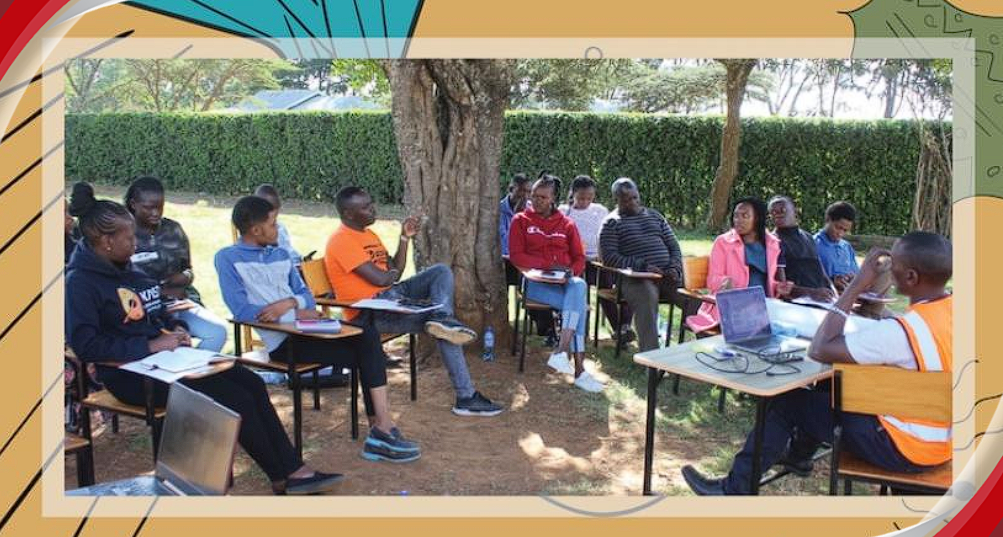Articles
South Africans spend less on internet connectivity
-
1 year ago
While South Africa has seen an increase in home internet usage, almost half of surveyed locals are spending less on broadband, due to the high cost of living.
This is according to the Global Broadband Survey, conducted by networking giant Cisco. The survey on the global state of connectivity is based on input from 5 000 people, from Saudi Arabia (2 000), SA (2 000) and United Arab Emirates (1 000) aged above 18.
The survey highlights evolving consumer expectations and how they reshape the needs and economics of the internet. People are rethinking what they rely on the internet for, balancing classic demands for speed and reliability, with the intensifying needs of rising eco-consciousness, secure cloud infrastructure, and the consumerisation of technologies, and affordability and access thereof, says Cisco.
According to the survey, the majority of surveyed local respondents view broadband as critical national infrastructure, with 78% saying they are highly-dependent on it for everyday life.
While broadband connectivity plays an important role in the everyday life of locals, there are still concerns surrounding affordability and accessibility, which continue to be top-of-mind in the face of national economic challenges in SA.
The survey found 46% of respondents indicated the increase in the cost of living had impacted their broadband spending, with 26% switching to lower-cost broadband and 20% cancelling streaming service subscriptions.
Furthermore, 26% said they could not afford to upgrade to more reliable, fast and secure broadband, while 16% said they struggle to pay for it outright.
“Against the backdrop of digital transformation and remote and hybrid work trends, broadband plays a critical role globally, and impacts us both personally and professionally,” says Smangele Nkosi, GM of Cisco South Africa.
“Connectivity is related to factors such as reliability, security and even sustainability. In other words, how broadband impacts us and the world we live in.”
The report notes six in 10 respondents are working from home, highlighting the growing trend of remote and hybrid work models.
According to the survey, 63% of respondents use some form of mobile technology to connect to the internet from home, including using their mobile phones or a 4G or 5G hub.
Around 28% indicated they connect to the internet via fibre optic broadband.
Only 3% described the speed of their internet connection at home as very strong, while 24% described the speed of their connection as average.
Over half (56%) of respondents cited the promise of fast service as the most important factor when deciding on internet service upgrades during the next 12 months, followed by high security (48%) and promised reliable service (45%).
In terms of sustainability, when asked about the CO2 footprint of the internet, only 10% of respondents said they know a lot about it and could explain it to others. Another 37% said they had never heard about it (for comparison, only 14% of UAE respondents said they had never heard about it).
A quarter of respondents who plan to upgrade their broadband service in the next 12 months cite sustainable or “green” broadband provision as a driving factor in their choice.
“If broadband is the driving force behind a thriving digital ecosystem, we must consider how sustainable that broadband can be,” comments Nkosi.
“Sustainability cannot be an afterthought. It can be a means to positive socio-economic and environmental change, and it requires us to be proactive in everything we do and set out to achieve.
“Consumers are starting to realise this, and businesses should be paying attention.”
Related Articles Posts
Categories
Popular Post
-
 SA’s IT spend to outpace GDP growth 1 year ago
SA’s IT spend to outpace GDP growth 1 year ago -
 Vodacom, Netstar launch free in-taxi Wi-... 1 year ago
Vodacom, Netstar launch free in-taxi Wi-... 1 year ago -
 South Africa under pressure to fill cybe... 1 year ago
South Africa under pressure to fill cybe... 1 year ago -
 Organisations with a strong employee val... 1 year ago
Organisations with a strong employee val... 1 year ago -
 Joint policy-in-action event highlights... 1 year ago
Joint policy-in-action event highlights... 1 year ago -
 Boost your digital transformation journe... 1 year ago
Boost your digital transformation journe... 1 year ago








